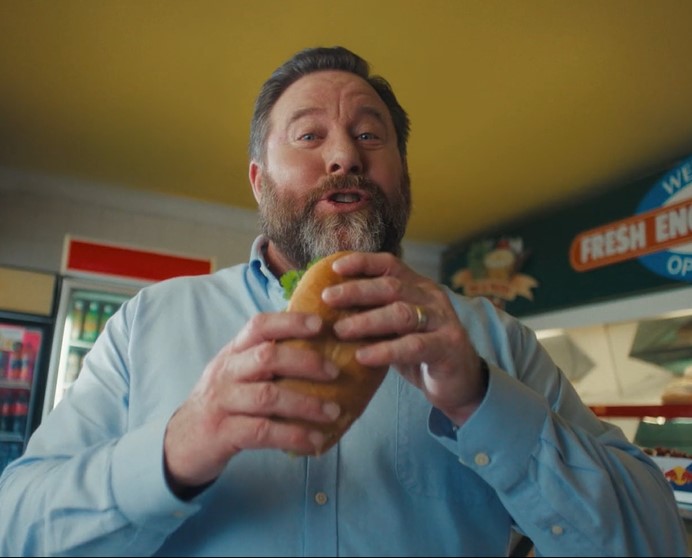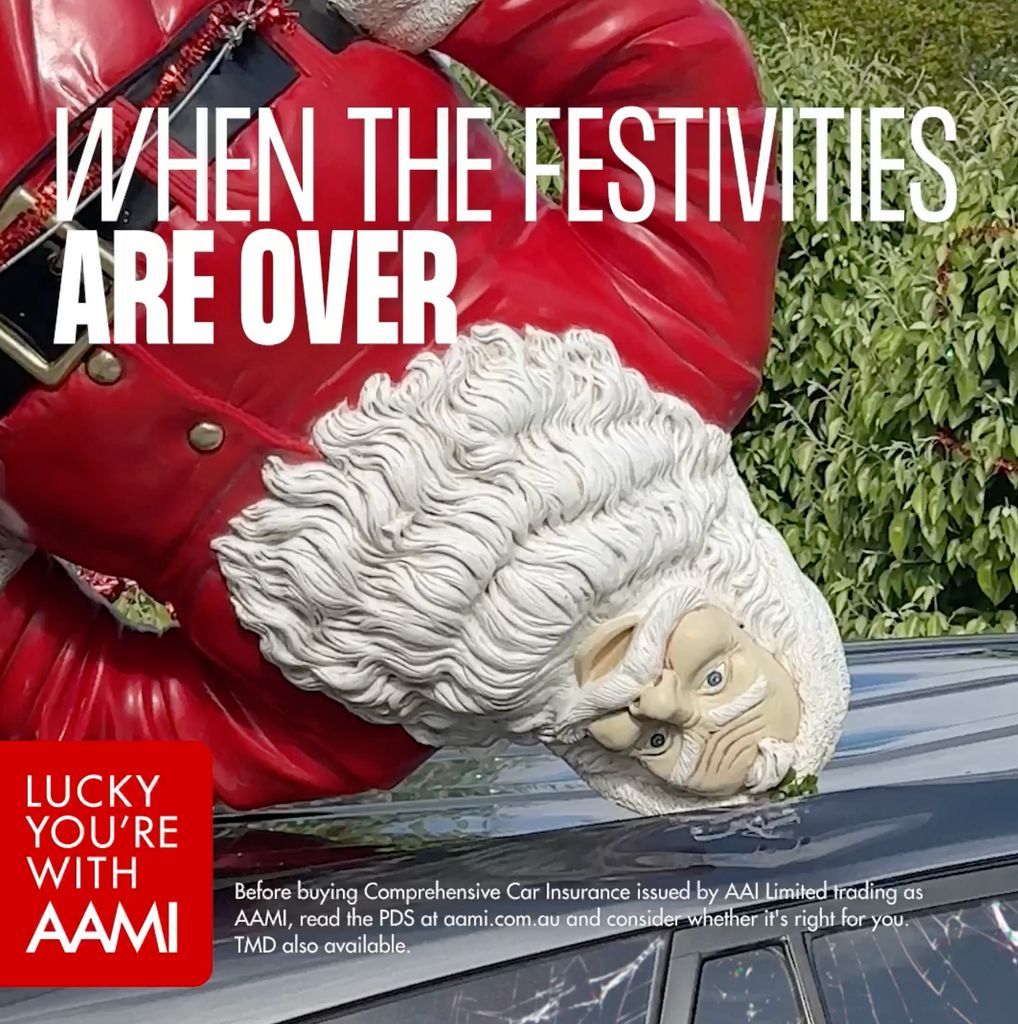

Image by DALL·E Pic: Midjourney
Editors' Note: Many Fast News images are stylised illustrations generated by Dall-E. Photorealism is not intended. View as early and evolving AI art!

Gaming's new frontier,
Guidelines shift, protect the young,
A safer space nears.

Government cracks down on simulated gambling in video games, but gambling ad reform wait continues
The Albanese Government has introduced new mandatory classifications for video games containing simulated gambling and other gambling-like content. But the larger gambling ad reforms on broadcast TV remain the subject of consultation, the Communications Minister says.
Updates to the Guidelines for the Classification of Computer Games 2023 mean that video games with in-game purchases linked to elements of chance, such as paid loot boxes, will receive a minimum classification of M (Mature - not recommended for children under 15 years of age). The changes, which have unanimous support from states and territories, come into effect today.
Video games containing simulated gambling, such as social casino games, will be legally restricted to adults only with a minimum classification of R18+. These changes apply to video games played on all devices including phones, tablets, consoles and PCs. The changes are in response to growing community concerns about the potential harms of children accessing gambling content in video games.
Research commissioned by the Government has found links between in-game purchases, loot boxes, simulated gambling and gambling harm. Further research by the Australian Institute of Family Studies found that young people who played simulated gambling games were 40 per cent more likely to spend real money on gambling as young adults.
The Albanese Government has implemented a series of reforms to tackle problem gambling, including launching the National Self-Exclusion Register (BetStop), legislating a ban on the use of credit cards for online wagering, implementing monthly activity statements for online gamblers, replacing the 'Gamble Responsibly' message on wagering advertising with new, evidence-based taglines, and commencing a review into the regulation of online keno and foreign-matched lotteries.
The Government is considering all 31 recommendations from the Parliamentary Inquiry into Online Gambling and will release a comprehensive response in due course. The new guidelines were developed following a public consultation process alongside targeted discussions with key industry and community stakeholders, the Australian Communications and Media Authority (ACMA), the Classification Board and states and territories.
Minister for Communications, the Hon Michelle Rowland MP, expressed her concerns. "Like so many other parents, I want to be sure that kids can enjoy playing a video game free from the worry that it might influence problem behaviours further down the track." She further added, "Gambling-like content can be insidious, but this change to the classification standards will ensure that parents and other consumers can make an informed choice about what content they are considering for themselves and their families."
Yet how and when the Government plans to proceed with proposed gambling ad reform remains in limbo. What's expected to come into place are limits on advertising one hour either side of live sporting events and outside of this period a cap of two ads an hour.
Speaking to Sky News, Rowland reiterated commitment to reducing gambling harms and said it's continuing to consult with industry on a "range of matter".
"The key issue here is three-fold. We want to ensure that we protect children, we want to break the nexus between wagering and sport, and we want to deal with the saturation of ads, particularly as that impacts on young men aged around 18 to 35. We’re looking at a range of issues with no decisions having been made yet," she said.
The question of whether Australia's broadcasters were in trouble also came up. Do you have concerns about the future of free-to-air television in Australia and particularly, I’m talking about the future of channels like Channel 7 and Channel 10? "As Communications Minister, part of my remit is to ensure the sustainability of broadcasting. That includes free-to-air but also subscription broadcasting where we are appearing at the moment, and I think it is incumbent on Governments to understand the impact of government decisions until someone invents a stable, free, ubiquitous platform that can either compete with or replace free-to-air broadcasting," Rowland continued. "I think we need to appreciate that this has a special place. It has a special place particularly in regional areas and especially for people who may be on lower socioeconomic circumstances. So broadcasting remains important.
"I have had people say to me why is the Government concerned about a sector that in their words is dying? I refuse to accept that. Broadcasting is important. The ecosystem in which this subscription broadcaster operates is important and as a Government we need to be methodical and we need to be evidence-based when it comes to responding to this challenge that we have but we also have to effective and that is exactly the balance we are aiming to achieve."










